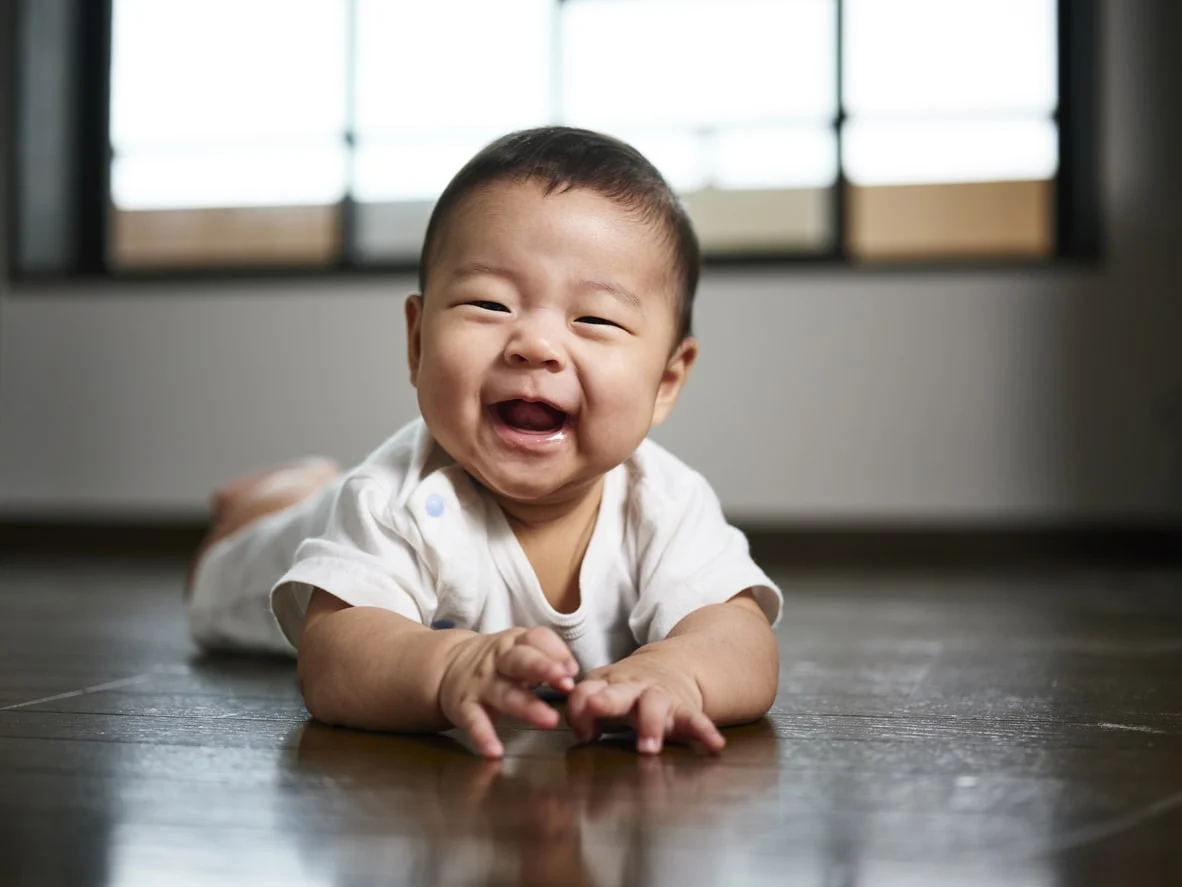Updated: March 24, 2021
Originally Published: May 21, 2016
My father was slipping away long before that frigid winter morning when the awful truth hit us. After a minor stroke, we learned, quite by chance, that he had stage 4 cancer during follow-up tests. As he broke the news to me, I clutched the phone, trying to grasp the gravity of his words. His cancer was advanced, and just like that, the clock was ticking on his time with us.
His fight was effectively over before it even began. With chemotherapy options severely limited due to the advanced stage, surgery wasn’t even a consideration. Radiation wouldn’t slow the inevitable either. Looking at the stark facts, it became painfully clear that subjecting him to a grueling chemotherapy regimen would only diminish his quality of life with little hope of prolonging it.
It was pure hell to watch my once-robust father transform into a frail shell of himself, a cancer patient right before my eyes. He was dying, and I felt utterly powerless against the impending loss.
Having a dying parent is an excruciating experience. I would feel nauseous listening to him share the brutal side effects of chemotherapy—his fatigue, nausea, and a litany of ailments brought on by the cancer ravaging his body. Nights were spent awake, anxiously wondering if the next day would bring more devastation. When your parent is dying, it feels like a piece of you is slowly fading too.
It’s also exhausting. I forced myself to juggle the demands of raising kids and managing a household while keeping track of my father’s medical appointments and updates from my mother. I longed for the simpler days when our lives didn’t revolve around the chaos of cancer. I wished I could just call him to share good news or stories about his grandchildren without the looming shadow of illness.
A dying parent also exposes your inner selfishness. You find yourself whispering, “Just let him last until Easter,” hoping for one more holiday with his beloved grandkids. You’ll silently wish he could hold on a little longer, worrying about the travel plans you’ve made that might coincide with his last days. There’s an irrational anger bubbling beneath the surface because cancer is set to rob your hero from you, and the thought of your children growing up without their grandfather is unbearable. It’s a tough pill to swallow, but having a dying parent means you must forgive yourself for feeling this way.
With a dying parent, doing “normal” things, like enjoying a night out with friends, feels impossible. How can you sip cocktails and gossip about reality shows when your father is facing the end? It’s a struggle to find joy while knowing that his life is being cut short. You push through the guilt, knowing he would want you to find happiness.
There’s no manual for navigating this journey. No guidebook to consult when panic and rage threaten to consume you. Friends will try to empathize, but no one truly understands the desperation that can rise in the middle of a mundane moment, like standing in a grocery aisle. A dying parent forces you to confront your limits and discover inner strength you didn’t know you had.
You also come face to face with your own mortality. In the final months of my father’s illness, I often looked at my children and worried about the burden my potential death might place on them. I feared that they would one day experience the same horror I felt during those months. I hoped I could be as strong for them as my father was for me, praying I could face my own death with the same grace he exhibited.
Friends will say the wrong things, but you’ll forgive them because their intentions are good. You nod politely as they offer platitudes and gratefully receive frozen meals, fully aware that cooking is the last thing on your mind.
As I held my father’s hands, trying to memorize their warmth while he read to his grandchildren, I inhaled his familiar scent, wishing to always remember how perfectly I fit under his chin in a bear hug. A dying parent means coming to terms with the fact that the person you love dearly will soon return to the earth.
A dying parent teaches you that a parent will do anything to ease their child’s burden in the end. You’ll hear them say, “I’m ready,” and even though you’re not prepared, you’ll let go of the hand that has held you since childhood.
When your parent finds peace, you realize they continue to teach you about life, but now, the lesson is how to live without them. And that is a different, agonizing hell.
If you’re looking for more support and resources on home insemination, check out this insightful post on home insemination kits. For authoritative information on artificial insemination, visit Cryobaby’s excellent guide. Additionally, Science Daily provides valuable insights into fertility and related topics.
In summary, watching a parent die is a harrowing experience that tests your limits, exposes your vulnerabilities, and ultimately teaches you profound lessons about love, loss, and the strength you never knew you had.
